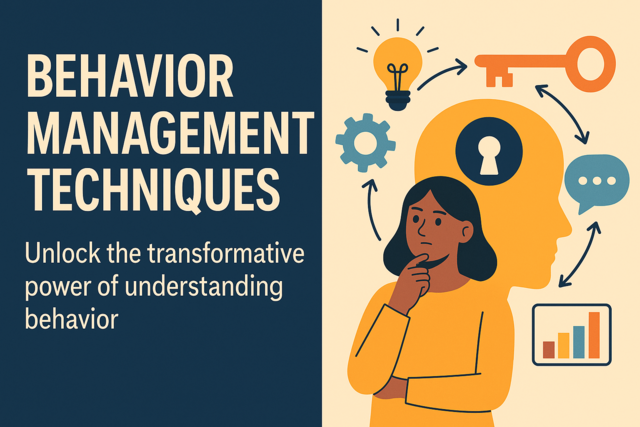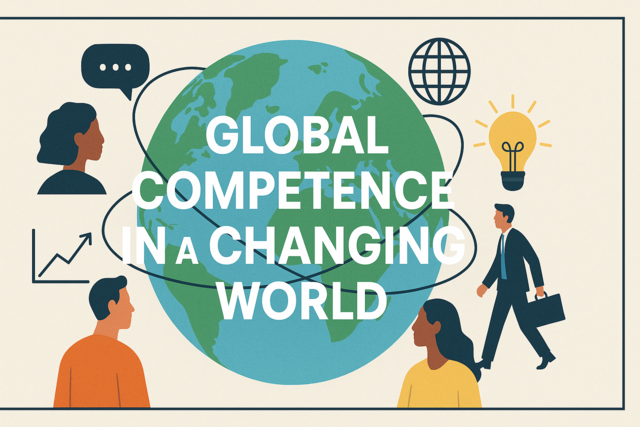Online Class: Inquiry-Based Learning Strategies

no certificate
with CEU Certificate*
-
15Lessons
-
22Exams &
Assignments -
5Hours
average time -
0.5CEUs
Course Description
Imagine a world where education transcends the traditional methods of rote memorization and passive listening. Picture yourself in a realm where learning transforms into a dynamic, engaging voyage of discovery—one where questions inspire deeper understanding, collaborations spark innovation, and curiosity paves the path to success. Welcome to Inquiry-Based Learning Strategies, a course meticulously crafted for the educators, curious minds, and thought leaders of tomorrow who seek not only knowledge but the artistry involved in imparting it.
In the age of information, unlocking the potential within each student is more crucial than ever, and Inquiry-Based Learning Strategies empowers you to do just that. This isn't merely a class; it's a journey that will redefine your approach to teaching, nurturing a generation that thinks critically and innovates confidently. Leave behind the confines of outdated paradigms and step into a course that promises transformation—for both your teaching methodology and your students' lives.
From the very first lesson, you are invited to delve into the ethos of inquiry-based learning, where the power of questions unlocks the doors to exploration and understanding. Here, you will grasp the foundational principles that inspire students to become active participants in their education. Engage with transformative strategies that design questions not just meant to be answered, but to ignite thought and inspiration.
Feel yourself becoming the master facilitator of student-centered discussions. You will learn not just to ask questions, but to guide meaningful dialogues that bloom into learning experiences as diverse and dynamic as the students you will teach. Let this course be your canvas, and watch as conversations evolve into masterpieces of critical thinking and collaboration.
But in today's digital age, crafting an engaging inquiry-based environment extends beyond traditional materials. Our course unveils the latest and most effective ways to integrate technology seamlessly into learning experiences, creating an immersive environment where technology enhances, rather than distracts. With these tools, you're armed to create classrooms that expand beyond four walls, connecting students with the global community and real-world challenges.
Assessment in such a dynamic learning process is not about measuring rote memorization but fostering and encouraging growth. Our course offers innovative ways to observe, assess, and guide student progress—ensuring that the inquiry journey is both rewarding and enlightening for every learner.
Bring inquiry into life using real-world problems, and watch students blossom into confident problem-solvers, ready to tackle the complexities of the world they will inherit. As you transform your classroom into an arena of exploration and real-world application, you'll witness firsthand the empowerment that inquiry-based learning offers every student.
Imagine developing a learning environment where curiosity reigns supreme and where every student is intrigued to explore further, guided by their own questions and insights. As a guide—not just a teacher—you will foster an environment where inquiry is the driving force, and facilitators are the supportive bridges connecting students to answers they uncover themselves.
Celebrate individuality with differentiated instruction strategies tailored to meet the needs of each learner. Discover how to overcome implementation challenges smoothly and see inquiry-based learning flourish in any educational setting. Whether enhancing STEM education or nurturing reflective skills, you'll secure your role as an innovative and adaptive educator equipped for success.
In this course, each lesson hones your ability to scaffold information, ensuring that student learning is robust and sustainable. You'll emerge with not just the strategies, but a renewed sense of purpose and the confidence to promote an educational experience that's as unique as it is enlightening.
Join us in this groundbreaking course to redefine your teaching landscape. With Inquiry-Based Learning Strategies, you will not just teach; you'll inspire. Do more than educate; ignite a passion and curiosity in your students that drives a lifetime of learning. This is more than an online course—it is your gateway to transforming education, making a profound difference, and leading the charge toward a brighter future. Embrace the change, and enroll today. Your journey, and those of your future students, begin here.
- Completely Online
- Self-Paced
- 6 Months to Complete
- 24/7 Availability
- Start Anytime
- PC & Mac Compatible
- Android & iOS Friendly
- Accredited CEUs

Course Lessons
Lesson 1. Curiosity in Action
Grounded in the thoughts of pioneers like Socrates, Dewey, and Piaget, IBL emphasizes student-driven exploration and real-world context in learning, contrasting markedly with passive reception methods. This approach fosters deep comprehension and equips learners with critical thinking skills, ensuring adaptability in a rapidly changing world.Lesson 2. Mastering the Art of Inquiry: Crafting Questions that Ignite Curiosity and Critical Thinking
The transformative power of inquiry-based education lies in its ability to align with students' interests and real-world contexts, thereby enhancing learning motivation and retention. Through interdisciplinary questions, learners connect academic content to societal issues, developing a sense of responsibility and agency in their education.Lesson 3. Strategies for a Collaborative Classroom
Encouraging self-awareness and reflection prompts students to examine their biases and perspectives, enriching discussions with empathy and nuanced understanding. Reflective practices like journals or metacognitive contemplation deepen learning and perspective-taking.Lesson 4. Digital Literacy and Citizenship: Foundations for Inquiry-Based Learning
Integrating digital literacy and citizenship into inquiry-based learning equips students with essential lifelong skills. Educators play a crucial role in fostering responsible digital engagement, ensuring students contribute positively to the digital world.Lesson 5. Fostering Lifelong Learners through Inquiry-Based Formative Assessments
The role of formative assessment in Inquiry-Based Learning is to offer continuous feedback and adapt instruction to students' needs, enhancing engagement and comprehension. Digital tools like Google Forms and platforms like Seesaw help document learning trajectories, encouraging students' critical thinking and self-assessment.Lesson 6. Inquiry-Based Learning: Prepare, Engage, Transform
Inquiry-Based Learning transforms education by centering students in the learning process, encouraging questions born from curiosity rather than rote memorization. This approach not only deepens understanding but also links academic concepts to real-world experiences, preparing students with adaptability and critical thinking skills essential for the future.Lesson 7. Empowering Learners: Bridging the Gap Between Classroom and Community
Inquiry-based learning encourages learners to explore multifaceted problems using an interdisciplinary approach, bridging diverse knowledge domains. Projects such as sustainable urban gardening or renewable energy solutions provide experiential learning, fostering adaptability and transferable skills for future complexities.Lesson 8. Empowering Educators: The Role of Teachers in Inquiry-Based Learning
In inquiry-based education, teachers craft environments where students' questions propel learning, transforming lesson plans into catalysts for exploration. By balancing guidance with autonomy, teachers equip students with the skills to independently tackle complex ideas and real-world challenges.Lesson 9. Transforming Classrooms into Hubs of Inquiry and Exploration
Educators must be sensitive to diverse learning styles, personalizing curricula to embrace student interests and cultural backgrounds. This inclusive approach not only cultivates a safe space for inquiry but also enhances student well-being and motivation, forming the foundation for lifelong learning.Lesson 10. The Role of Curiosity in Modern Learning
Curiosity acts as a powerful catalyst for learning by motivating individuals to investigate beyond traditional curriculums, thus fostering critical thinking and innovation. Through inquiry-based learning, students engage actively with material, developing cognitive skills and problem-solving abilities needed for success in diverse fields.Lesson 11. Teaching Strategies for a Diverse, Inquiry-Driven Classroom
Inquiry-based learning environments benefit from recognizing cultural and linguistic diversity as assets, leveraging them to enrich curricula and engage students more deeply. Adaptive technology and differentiated learning strategies tailor education to diverse needs, empowering students to explore cultural complexities and develop critical thinking skills.Lesson 12. Transforming Traditional Education through Inquiry-Based Learning
Teachers' lack of preparedness for IBL and rigid curricula highlight the need for evolving educational practices. Embracing professional learning communities and cross-disciplinary projects can bridge the gap between traditional methods and the innovative demands of IBL.Lesson 13. A Journey Through Inquiry-Based Learning in STEM
Incorporating creative arts within Inquiry-Based STEM education transforms this approach into STEAM, fostering interdisciplinary understanding and leveraging creativity to solve complex problems effectively. This stimulates both critical and creative thinking, demonstrating the interconnectedness of various disciplines and preparing students for a dynamic future in science and technology.Lesson 14. Nurturing Critical Thinkers Through Scaffolding
Instructors use scaffolding by initially offering comprehensive guidance, like timelines or basic questions, which are slowly reduced as students deepen their understanding. This strategy not only enhances problem-solving skills but also nurtures a growth mindset, encouraging lifelong learning and curiosity.Lesson 15. Transforming Curiosity into Scholarly Insights: The Role of Reflection in Inquiry-Based Learning
Inquiring minds thrive in environments where reflection enhances learning by nurturing agile thinking and self-awareness, resulting in the seamless integration of new knowledge. By revisiting their methods and outcomes, students develop the critical faculties necessary to adapt to complex problems, fostering intrinsic motivation and academic accountability.
Learning Outcomes
- Demonstrate understanding of historical influences on inquiry-based learning by comparing contributions from educational thinkers like John Dewey and Jean Piaget with contemporary practices.
- Define the principles of inquiry-based learning by identifying and describing at least three core characteristics with examples.
- Describe the characteristics that distinguish effective inquiry-based questions and explain how these characteristics stimulate deeper critical thinking and student autonomy.
- Identify and analyze methods through which educators can scaffold inquiry-based questions to promote progressive student growth in critical thinking and problem-solving skills across disciplines.
- Demonstrate the ability to establish and maintain respectful communication norms that foster a safe and inclusive classroom discussion environment.
- Identify and incorporate diverse perspectives and materials into classroom discussions to enhance understanding and engage all students effectively.
- Analyze the impact of technology on fostering critical thinking, creativity, and problem-solving skills through inquiry-based learning, supported by examples from classroom implementations.
- Demonstrate the ability to integrate digital tools into inquiry-based learning activities by creating a multimedia presentation on a selected research topic.
- Demonstrate the ability to use self-assessment and peer-assessment to reflect on personal learning progress and provide constructive feedback, thereby fostering metacognitive awareness and collaborative learning skills
- Identify key components of formative assessment in IBL, such as entry and exit tickets, and their roles in enhancing student understanding by the end of the lesson
- Define key characteristics of Inquiry-Based Learning (IBL) and explain how they foster critical thinking and problem-solving abilities in students.
- Demonstrate the skills necessary to formulate and refine effective questions within an IBL framework, enhancing student engagement and deeper learning outcomes.
- Demonstrate the ability to identify and analyze real-world problems related to environmental science, urban planning, and public policy through inquiry-based learning.
- Demonstrate mastery of lesson content at levels of 70% or higher.
Additional Course Information

- Document Your Lifelong Learning Achievements
- Earn an Official Certificate Documenting Course Hours and CEUs
- Verify Your Certificate with a Unique Serial Number Online
- View and Share Your Certificate Online or Download/Print as PDF
- Display Your Certificate on Your Resume and Promote Your Achievements Using Social Media

Choose Your Subscription Plan
No Certificate / No CEUs
This course only
| Includes certificate | X |
| Includes CEUs | X |
| Self-paced |

|
| Instructor support |

|
| Time to complete | 6 months |
| No. of courses | 1 course |
Certificate & CEUs
This course only
| Includes certificate |

|
| Includes CEUs |

|
| Self-paced |

|
| Instructor support |

|
| Time to complete | 6 months |
| No. of courses | 1 course |
Certificates & CEUs
Includes all 600+ courses
| Includes certificate |

|
| Includes CEUs |

|
| Self-paced |

|
| Instructor support |

|
| Time to complete | 12 Months |
| No. of courses | 600+ |
Certificates & CEUs
Includes all 600+ courses
| Includes certificate |

|
| Includes CEUs |

|
| Self-paced |

|
| Instructor support |

|
| Time to complete | 24 Months |
| No. of courses | 600+ |
Related Courses
-
 6 hours
0.6 CEUs
Fabric of the Gods: Materials that Define Luxury
+ More Info
6 hours
0.6 CEUs
Fabric of the Gods: Materials that Define Luxury
+ More Info
-
 3 hours
0.3 CEUs
Functional Behavior Assessments: Conducting and Analyzing
+ More Info
3 hours
0.3 CEUs
Functional Behavior Assessments: Conducting and Analyzing
+ More Info
-
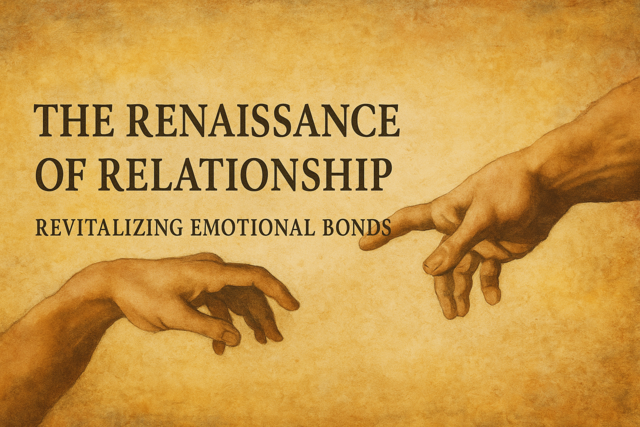 7 hours
0.7 CEUs
The Renaissance of Relationship: Revitalizing Emotional Bonds
+ More Info
7 hours
0.7 CEUs
The Renaissance of Relationship: Revitalizing Emotional Bonds
+ More Info
-
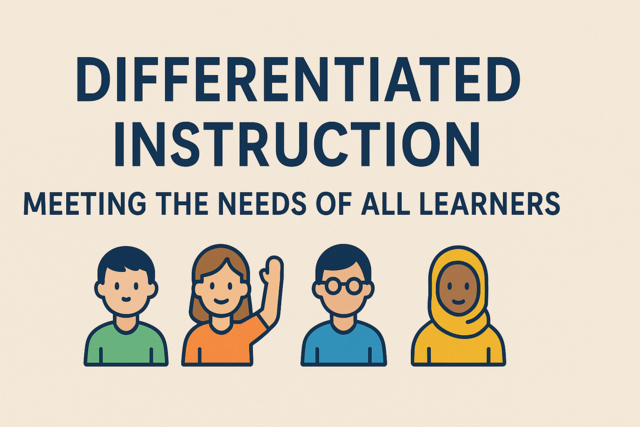 3 hours
0.3 CEUs
Differentiated Instruction: Meeting the Needs of All Learners
+ More Info
3 hours
0.3 CEUs
Differentiated Instruction: Meeting the Needs of All Learners
+ More Info
-
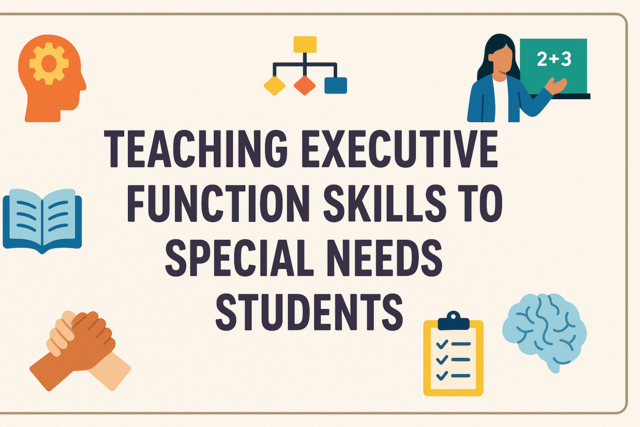 3 hours
0.3 CEUs
Teaching Executive Function Skills to Special Needs Students
+ More Info
3 hours
0.3 CEUs
Teaching Executive Function Skills to Special Needs Students
+ More Info
-
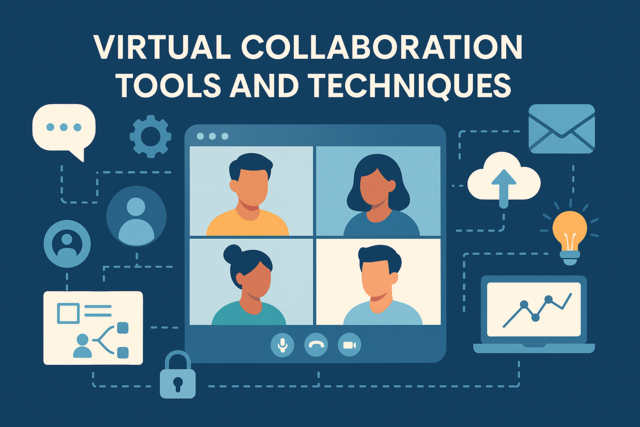 5 hours
0.5 CEUs
Virtual Collaboration Tools and Techniques
+ More Info
5 hours
0.5 CEUs
Virtual Collaboration Tools and Techniques
+ More Info
-
 3 hours
0.3 CEUs
The Science of Happiness in Family Life
+ More Info
3 hours
0.3 CEUs
The Science of Happiness in Family Life
+ More Info
-
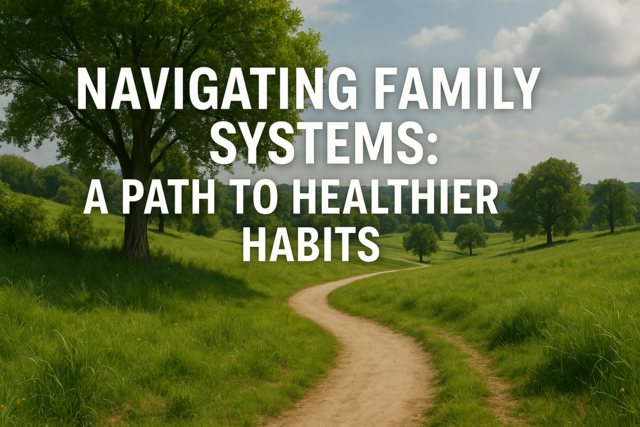 4 hours
0.4 CEUs
Navigating Family Systems: A Path to Healthier Habits
+ More Info
4 hours
0.4 CEUs
Navigating Family Systems: A Path to Healthier Habits
+ More Info
-
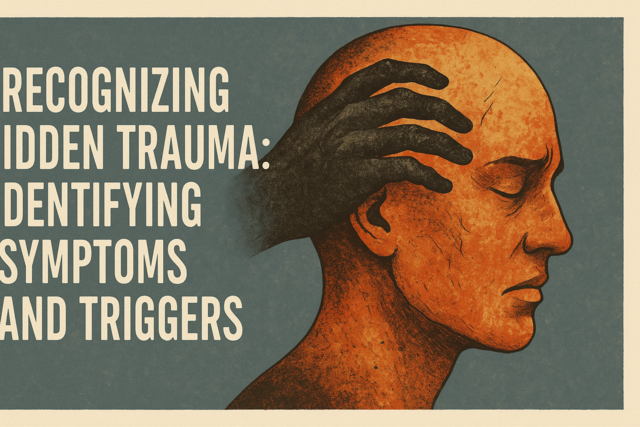 4 hours
0.4 CEUs
Recognizing Hidden Trauma: Identifying Symptoms and Triggers
+ More Info
4 hours
0.4 CEUs
Recognizing Hidden Trauma: Identifying Symptoms and Triggers
+ More Info
-
 7 hours
0.7 CEUs
The Unseen Energies in the Universe
+ More Info
7 hours
0.7 CEUs
The Unseen Energies in the Universe
+ More Info
-
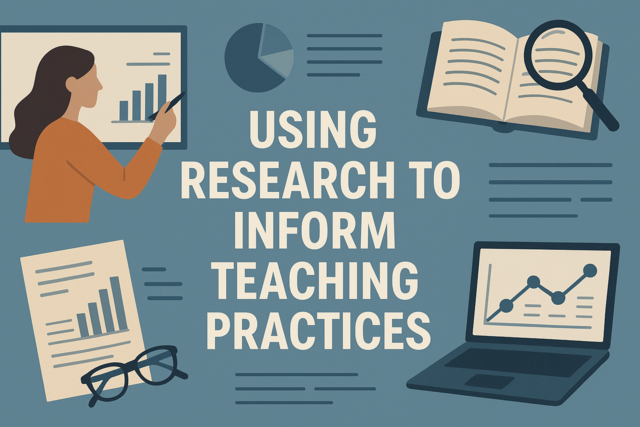 5 hours
0.5 CEUs
Using Research to Inform Teaching Practices
+ More Info
5 hours
0.5 CEUs
Using Research to Inform Teaching Practices
+ More Info
-
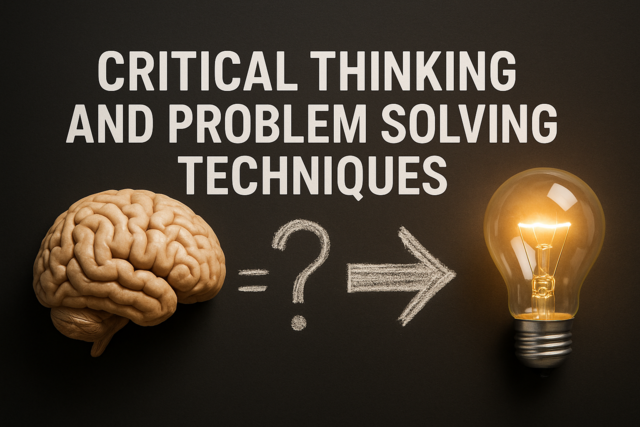 4 hours
0.4 CEUs
Critical Thinking and Problem Solving Techniques
+ More Info
4 hours
0.4 CEUs
Critical Thinking and Problem Solving Techniques
+ More Info
-
 7 hours
0.7 CEUs
Introduction to Human Resources
+ More Info
7 hours
0.7 CEUs
Introduction to Human Resources
+ More Info
-
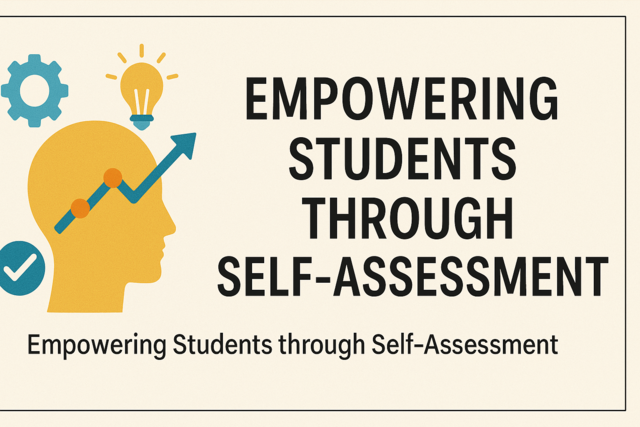 3 hours
0.3 CEUs
Empowering Students through Self-Assessment
+ More Info
3 hours
0.3 CEUs
Empowering Students through Self-Assessment
+ More Info
-
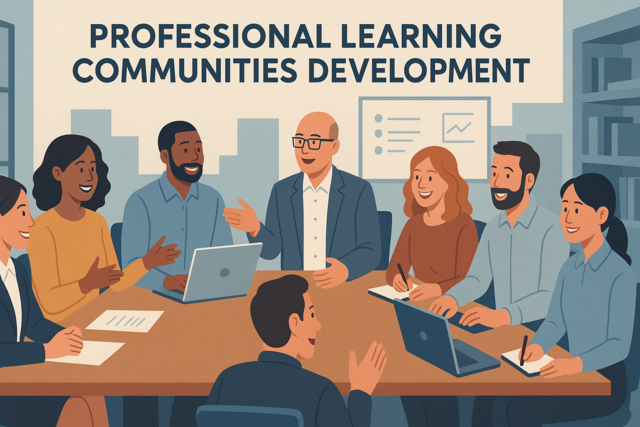 6 hours
0.6 CEUs
Professional Learning Communities Development
+ More Info
6 hours
0.6 CEUs
Professional Learning Communities Development
+ More Info
-
 4 hours
0.4 CEUs
Educational Equity and Justice
+ More Info
4 hours
0.4 CEUs
Educational Equity and Justice
+ More Info
-
 7 hours
0.7 CEUs
Global Glam: International Perspectives on Modern Fashion
+ More Info
7 hours
0.7 CEUs
Global Glam: International Perspectives on Modern Fashion
+ More Info
-
 6 hours
0.6 CEUs
Spirit World: Communicating Beyond the Veil
+ More Info
6 hours
0.6 CEUs
Spirit World: Communicating Beyond the Veil
+ More Info
-
 3 hours
0.3 CEUs
Preparing Students for Careers of the Future
+ More Info
3 hours
0.3 CEUs
Preparing Students for Careers of the Future
+ More Info
-
 5 hours
0.5 CEUs
Family Futures: Creating Lasting Legacies
+ More Info
5 hours
0.5 CEUs
Family Futures: Creating Lasting Legacies
+ More Info
-
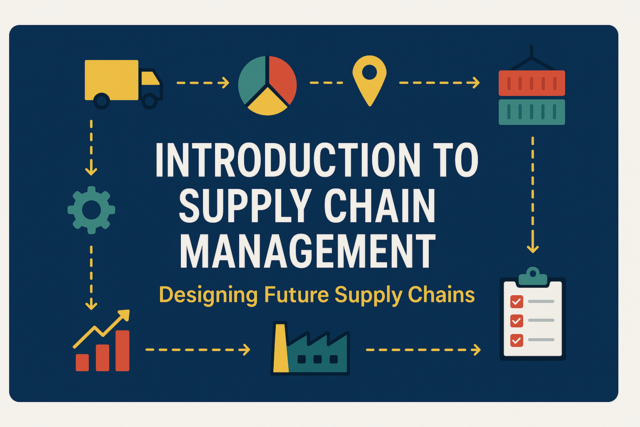 4 hours
0.4 CEUs
Introduction to Supply Chain Management
+ More Info
4 hours
0.4 CEUs
Introduction to Supply Chain Management
+ More Info
-
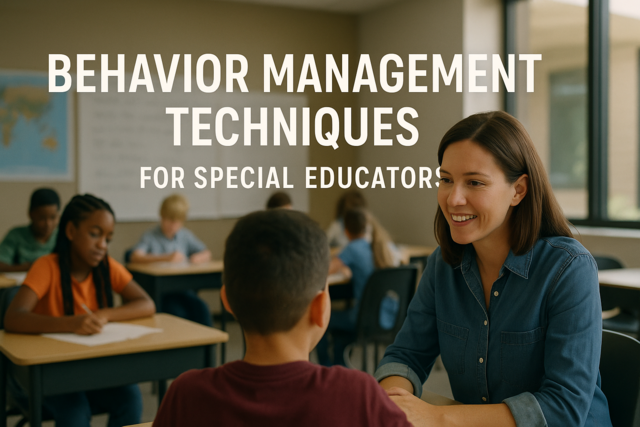 7 hours
0.7 CEUs
Behavior Management Techniques for Special Educators
+ More Info
7 hours
0.7 CEUs
Behavior Management Techniques for Special Educators
+ More Info
-
 6 hours
0.6 CEUs
Mysteries of Druidic Lore and Alchemical Practices
+ More Info
6 hours
0.6 CEUs
Mysteries of Druidic Lore and Alchemical Practices
+ More Info
-
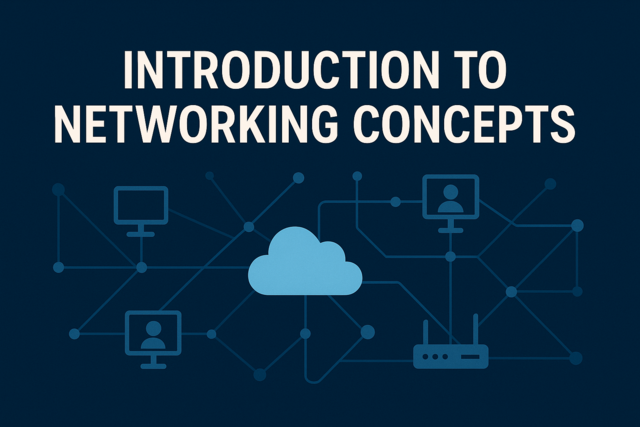 3 hours
0.3 CEUs
Introduction to Networking Concepts
+ More Info
3 hours
0.3 CEUs
Introduction to Networking Concepts
+ More Info
-
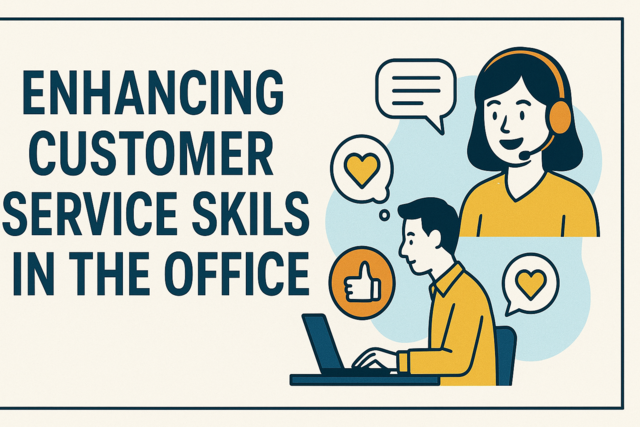 6 hours
0.6 CEUs
Enhancing Customer Service Skills in the Office
+ More Info
6 hours
0.6 CEUs
Enhancing Customer Service Skills in the Office
+ More Info
-
 3 hours
0.3 CEUs
Self-Regulation Strategies for Students with Disabilities
+ More Info
3 hours
0.3 CEUs
Self-Regulation Strategies for Students with Disabilities
+ More Info
-
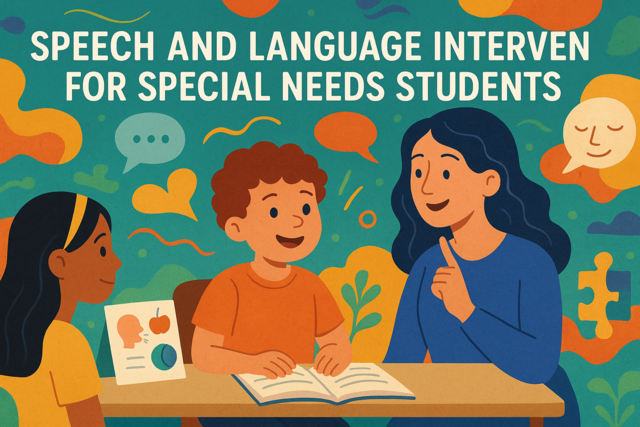 7 hours
0.7 CEUs
Speech and Language Interventions for Special Needs Students
+ More Info
7 hours
0.7 CEUs
Speech and Language Interventions for Special Needs Students
+ More Info
-
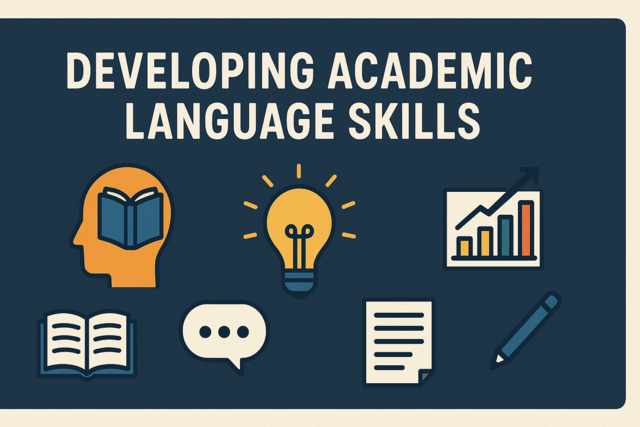 7 hours
0.7 CEUs
Developing Academic Language Skills
+ More Info
7 hours
0.7 CEUs
Developing Academic Language Skills
+ More Info
-
 4 hours
0.4 CEUs
Emergency Preparedness and Survival Skills
+ More Info
4 hours
0.4 CEUs
Emergency Preparedness and Survival Skills
+ More Info
-
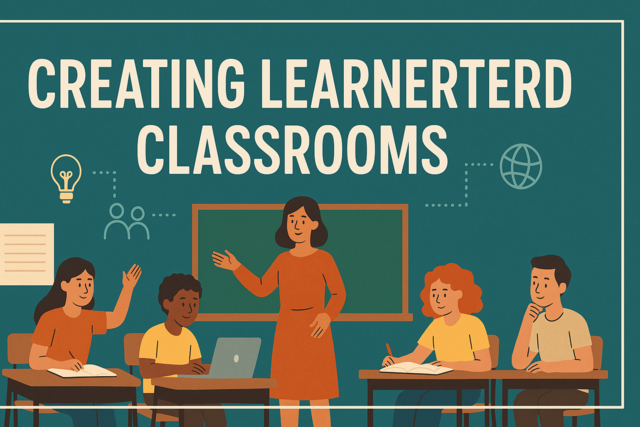 6 hours
0.6 CEUs
Creating Learner-Centered Classrooms
+ More Info
6 hours
0.6 CEUs
Creating Learner-Centered Classrooms
+ More Info
-
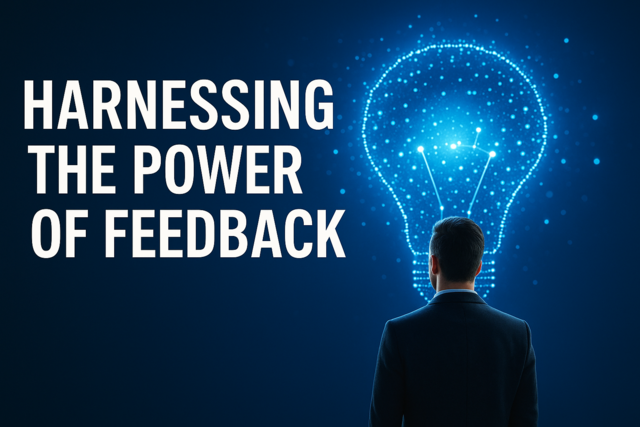 5 hours
0.5 CEUs
Harnessing the Power of Feedback
+ More Info
5 hours
0.5 CEUs
Harnessing the Power of Feedback
+ More Info
-
 5 hours
0.5 CEUs
STEAM: Integrating the Arts with STEM
+ More Info
5 hours
0.5 CEUs
STEAM: Integrating the Arts with STEM
+ More Info
-
 4 hours
0.4 CEUs
Energy Medicine: Harnessing Your Body's Power
+ More Info
4 hours
0.4 CEUs
Energy Medicine: Harnessing Your Body's Power
+ More Info
-
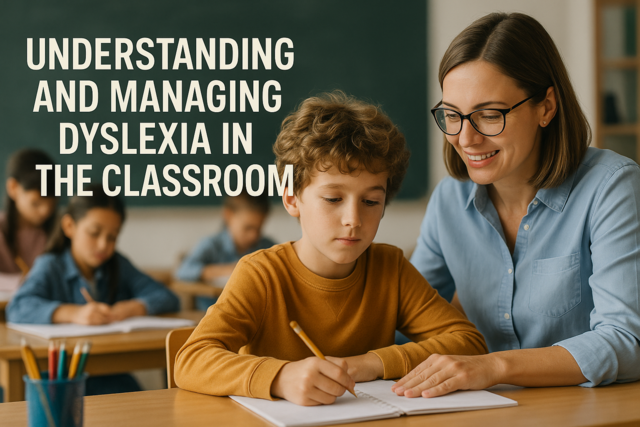 4 hours
0.4 CEUs
Understanding and Managing Dyslexia in the Classroom
+ More Info
4 hours
0.4 CEUs
Understanding and Managing Dyslexia in the Classroom
+ More Info
-
 3 hours
0.3 CEUs
Leadership in Love: Fostering Growth in Family Relations
+ More Info
3 hours
0.3 CEUs
Leadership in Love: Fostering Growth in Family Relations
+ More Info
-
 4 hours
0.4 CEUs
The Use of Analytics in Education
+ More Info
4 hours
0.4 CEUs
The Use of Analytics in Education
+ More Info
-
 7 hours
0.7 CEUs
Exploring Chakra Alignments
+ More Info
7 hours
0.7 CEUs
Exploring Chakra Alignments
+ More Info
-
 4 hours
0.4 CEUs
Narratives of Love: Crafting Your Relationship Story
+ More Info
4 hours
0.4 CEUs
Narratives of Love: Crafting Your Relationship Story
+ More Info


